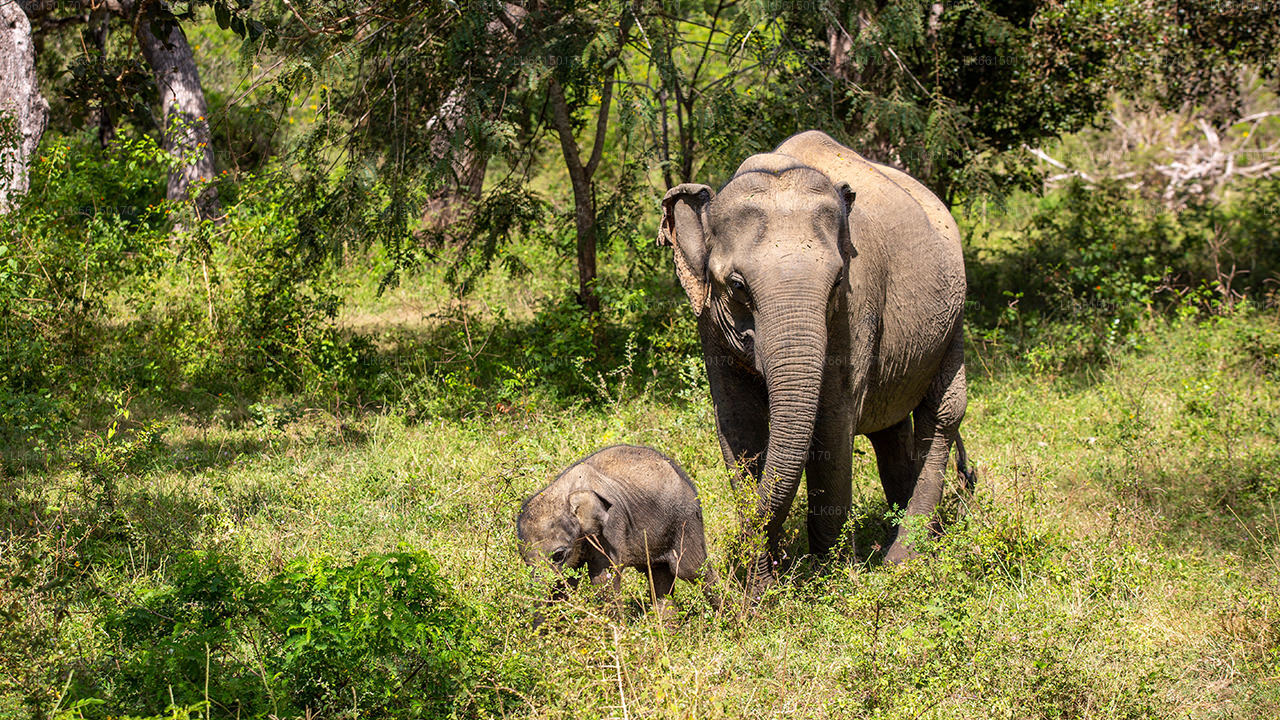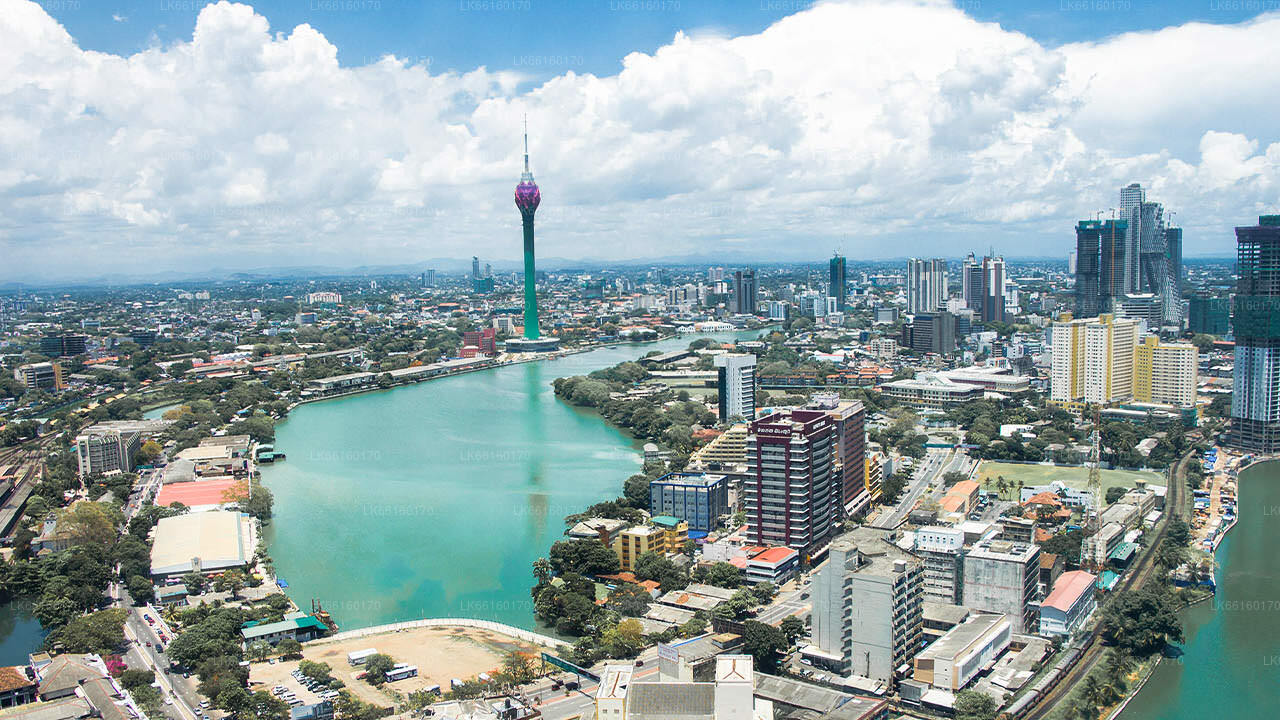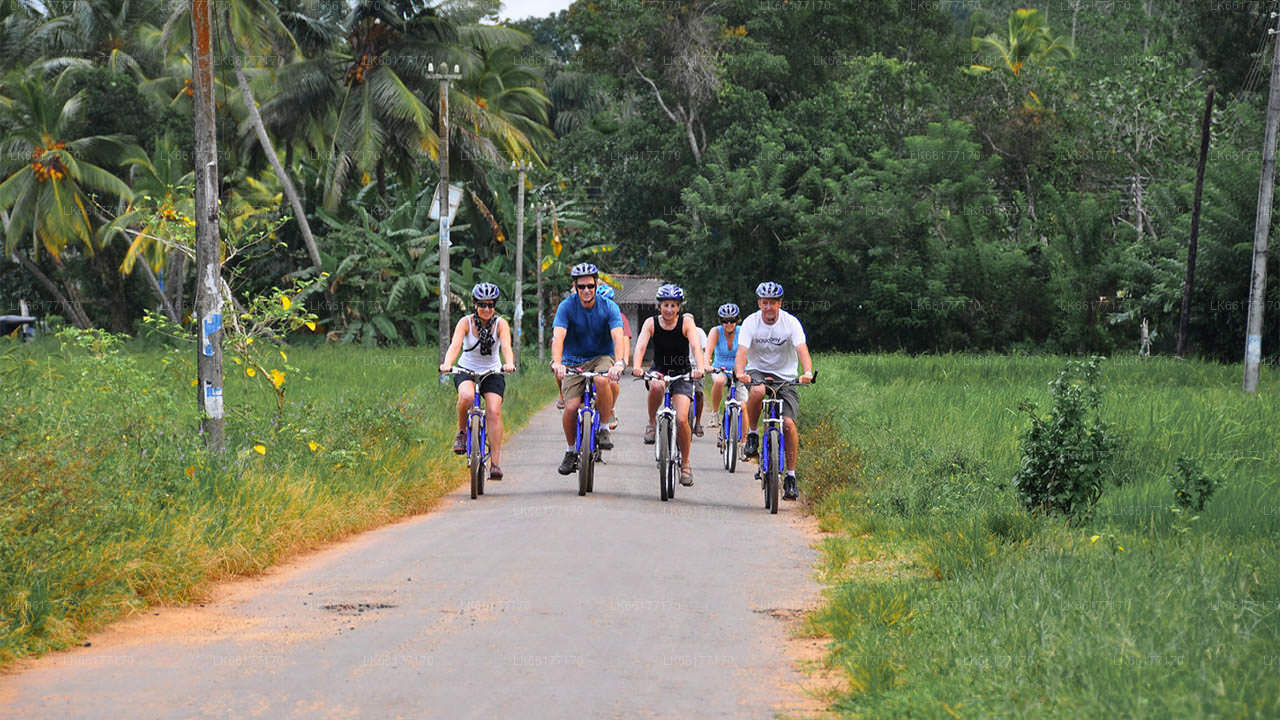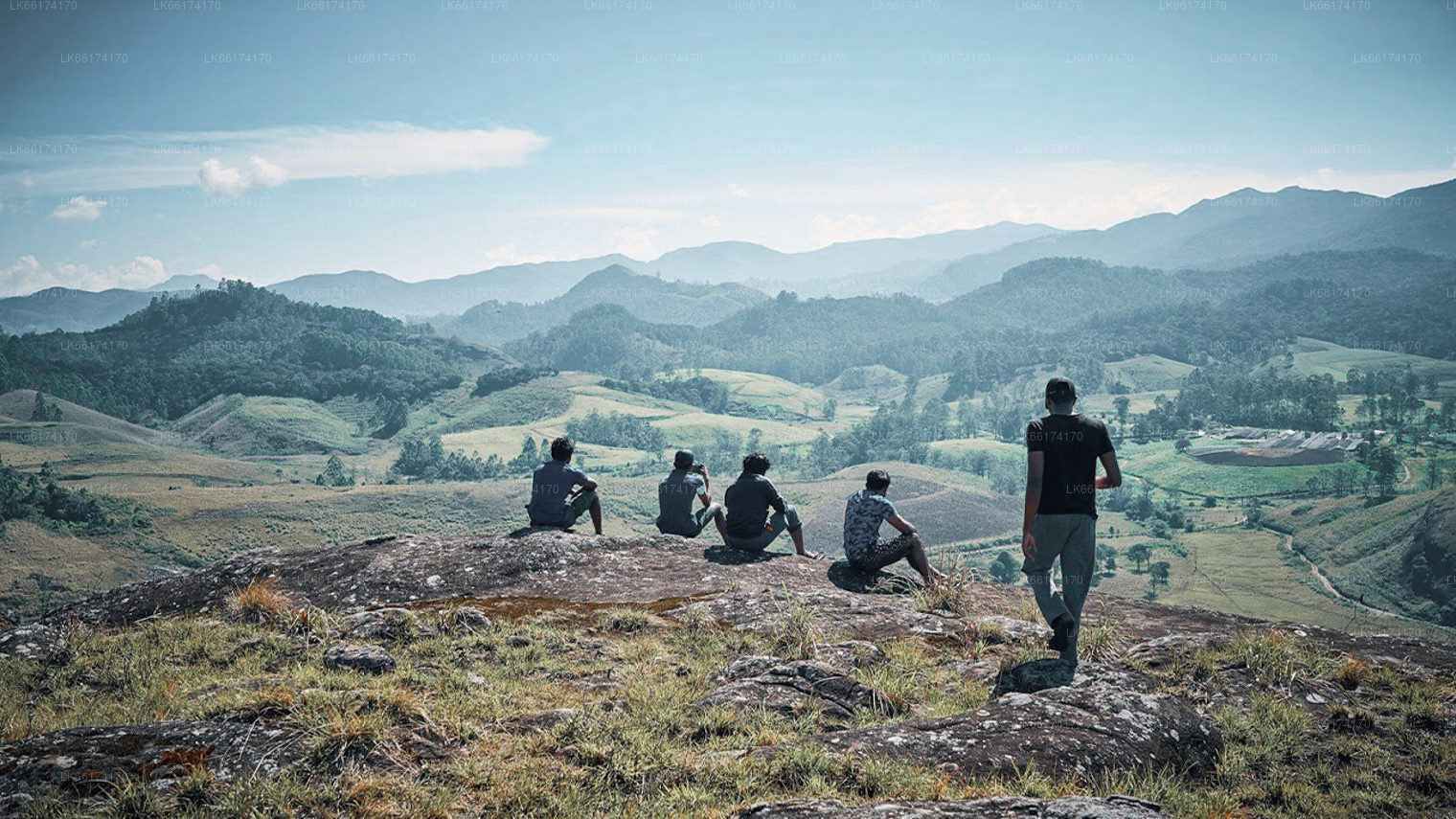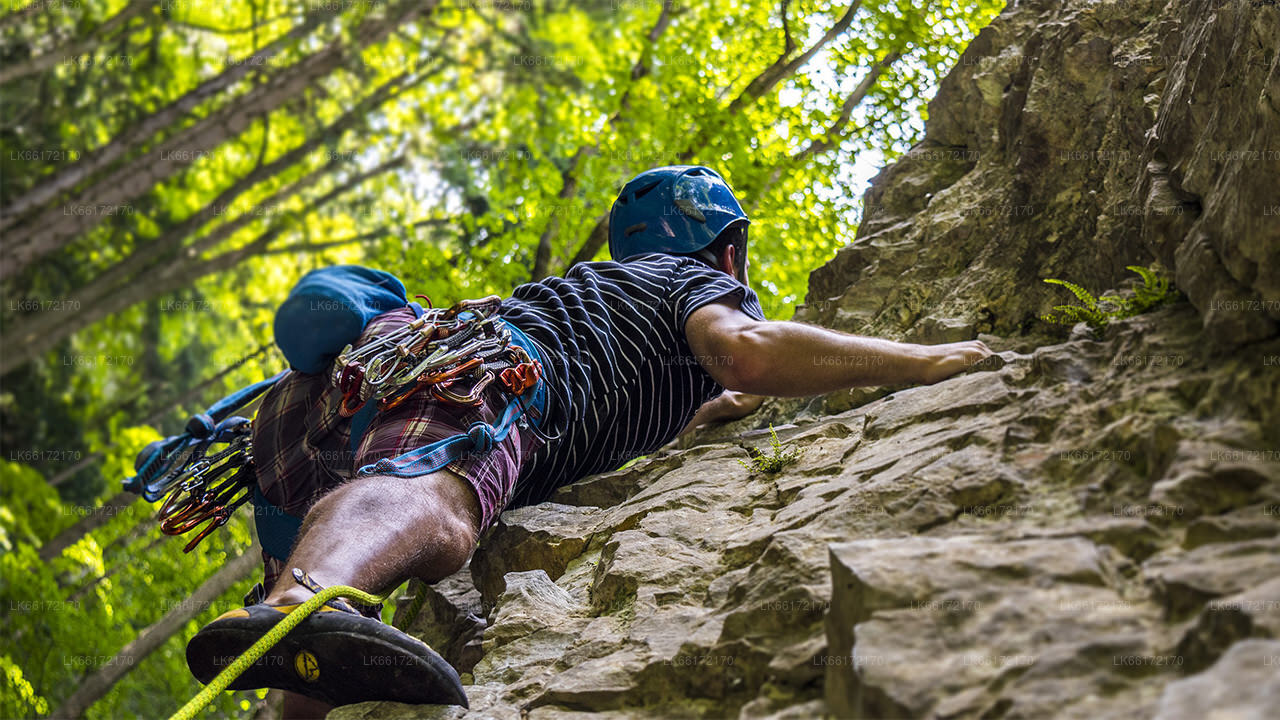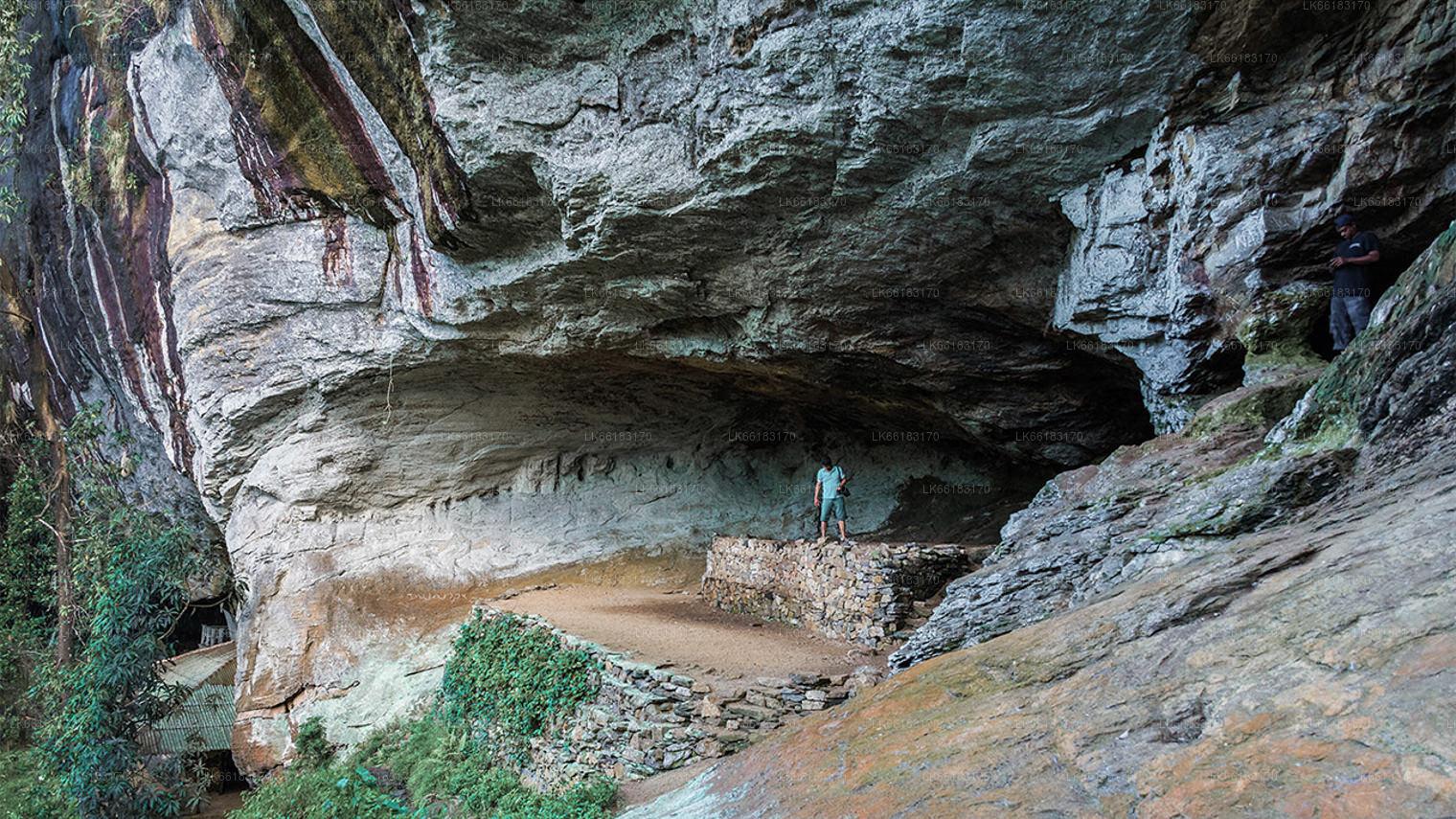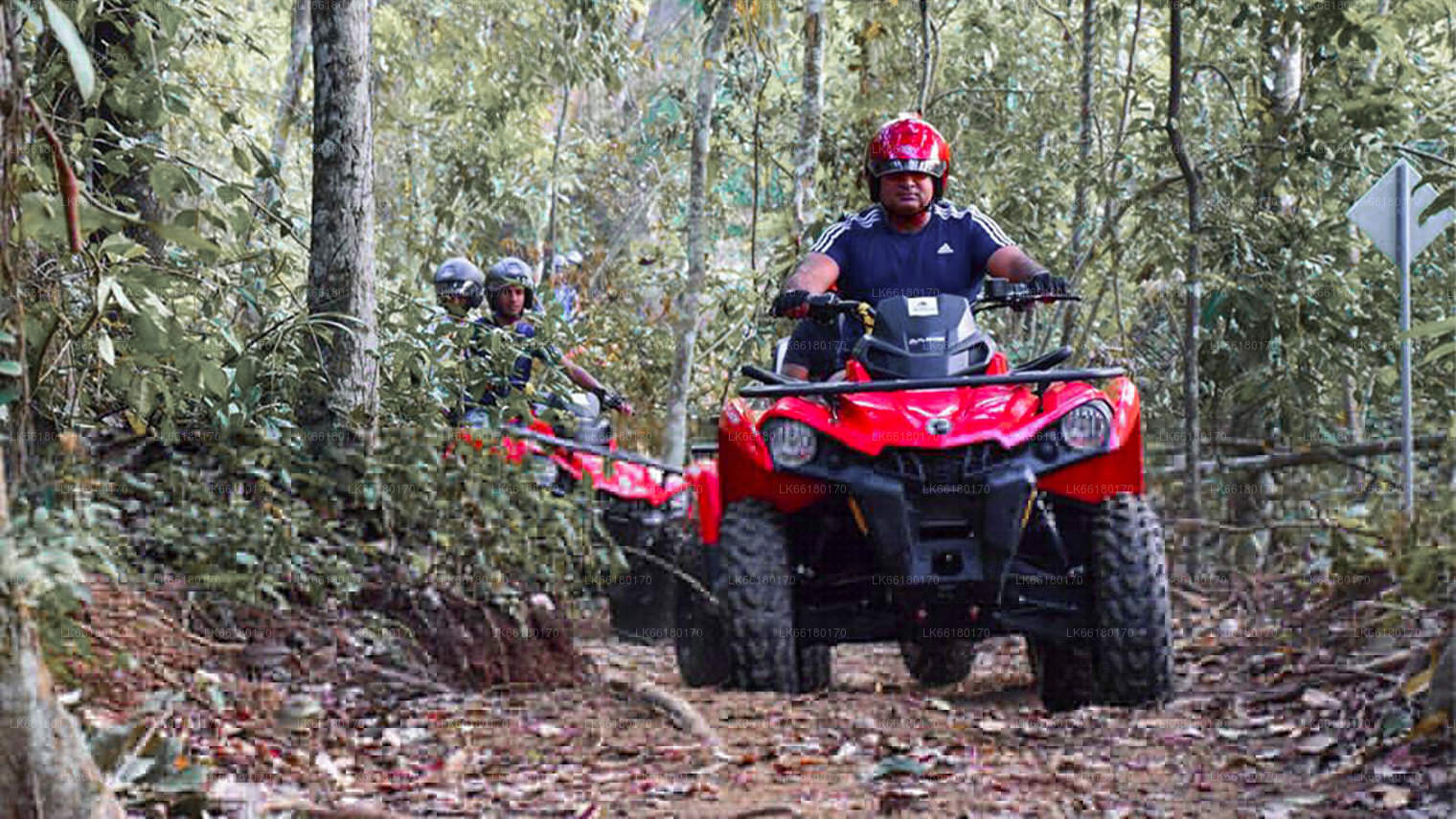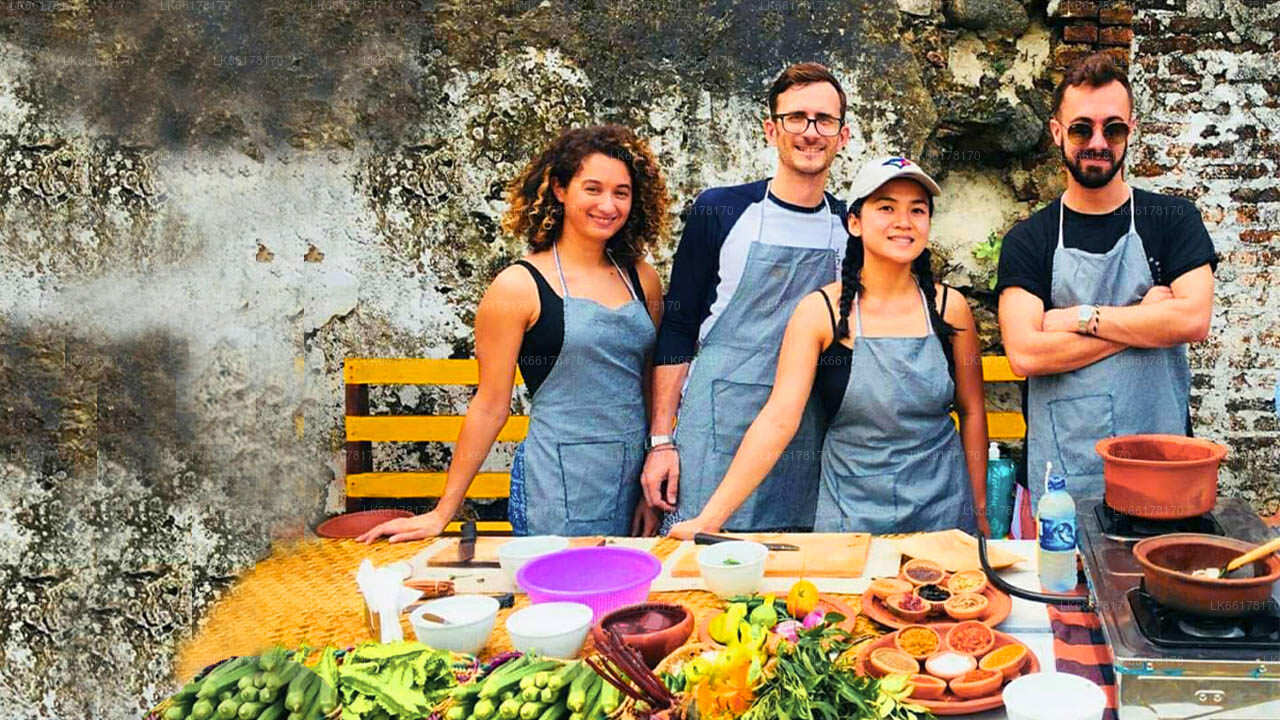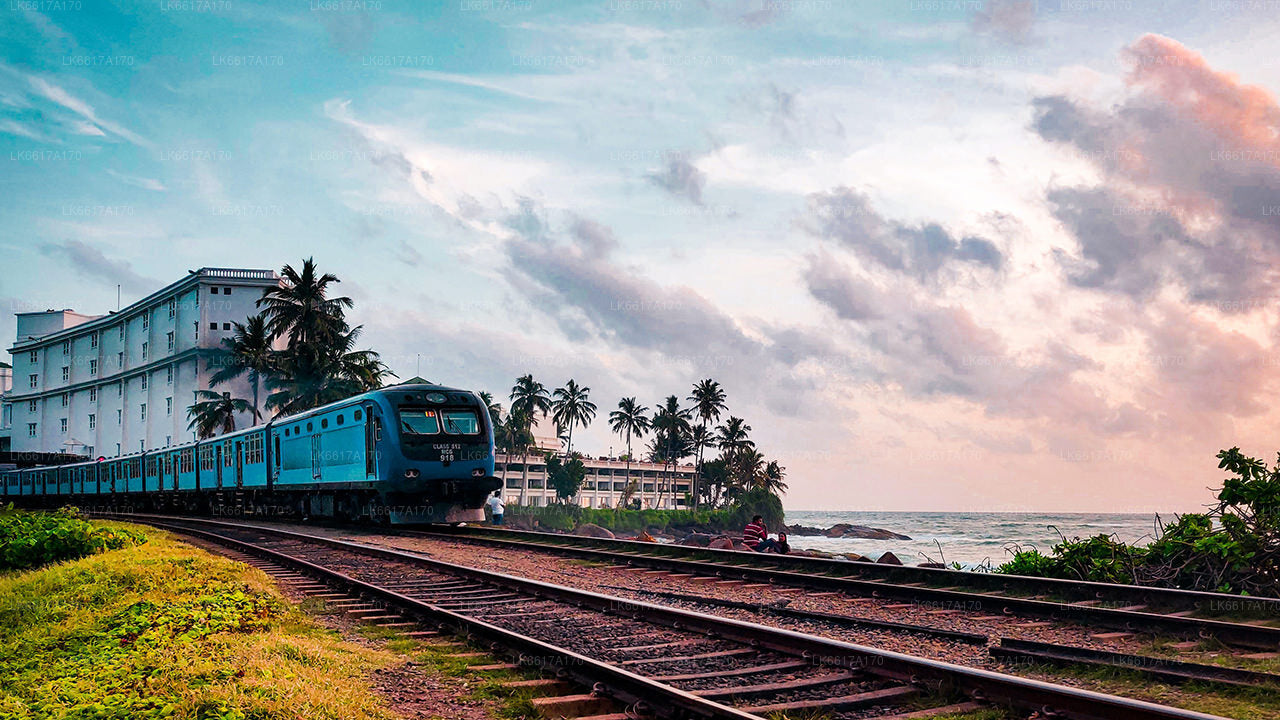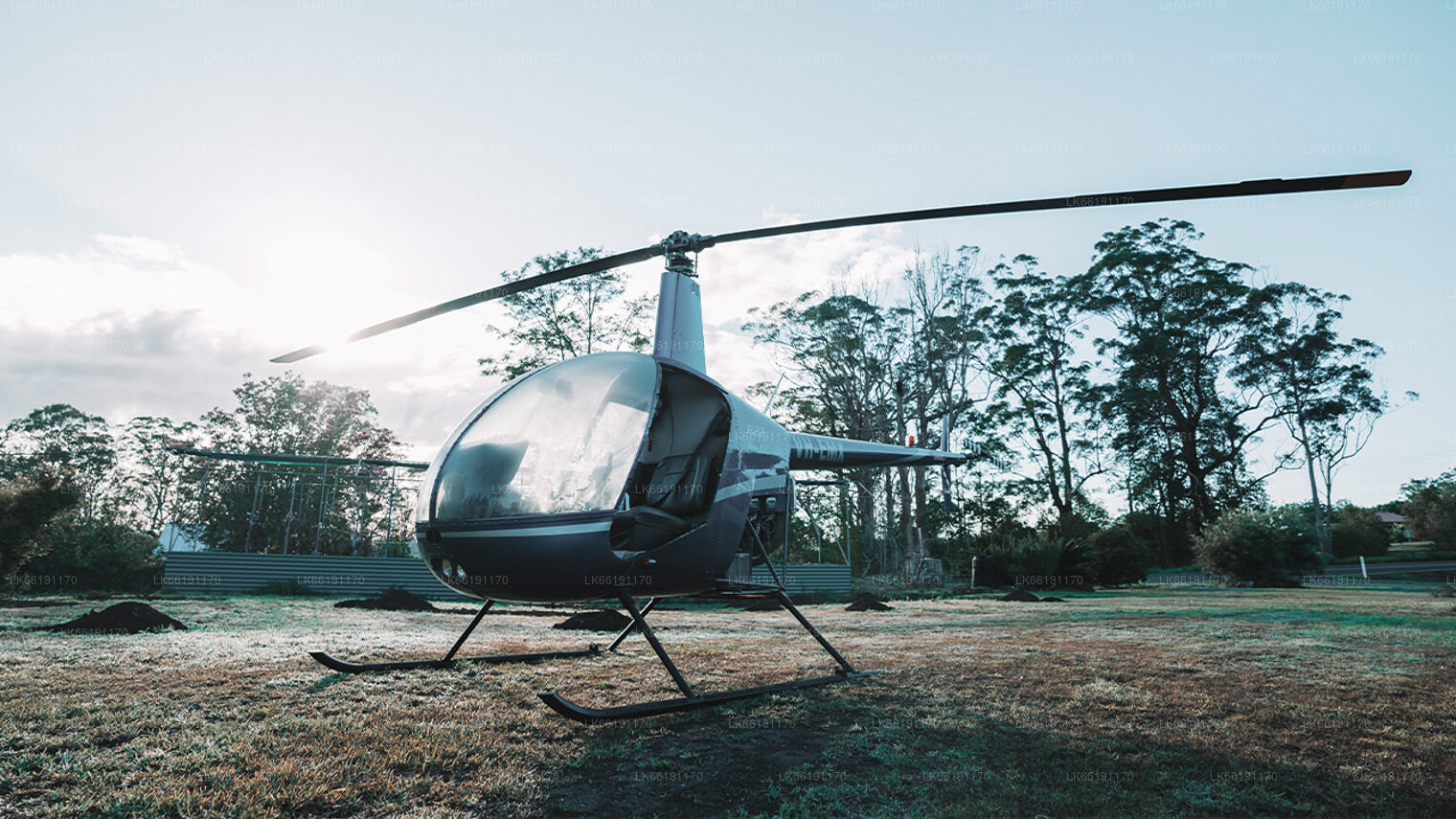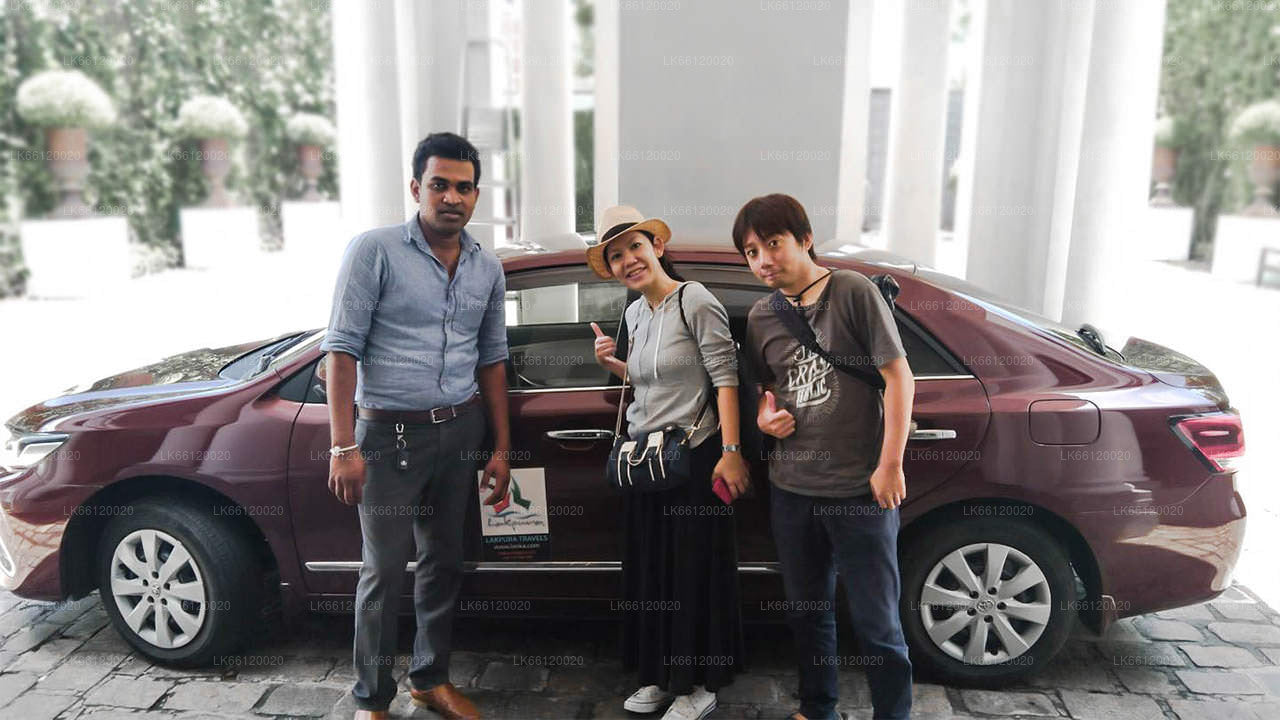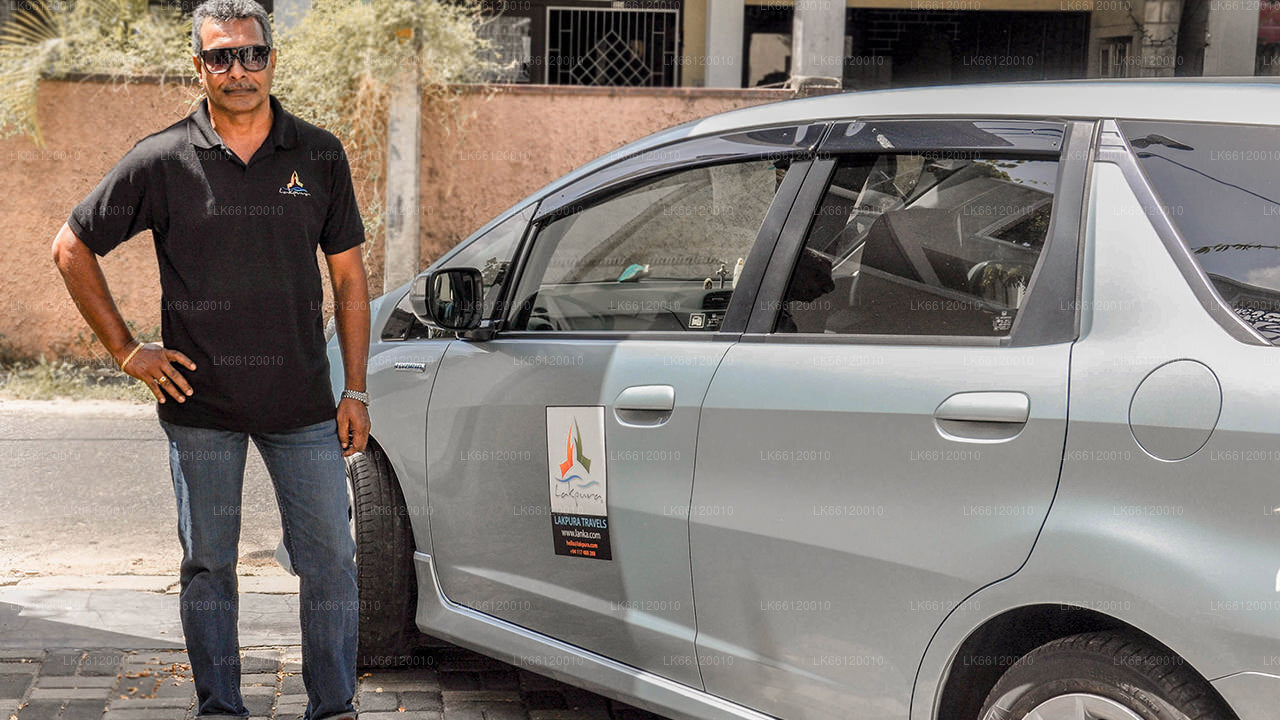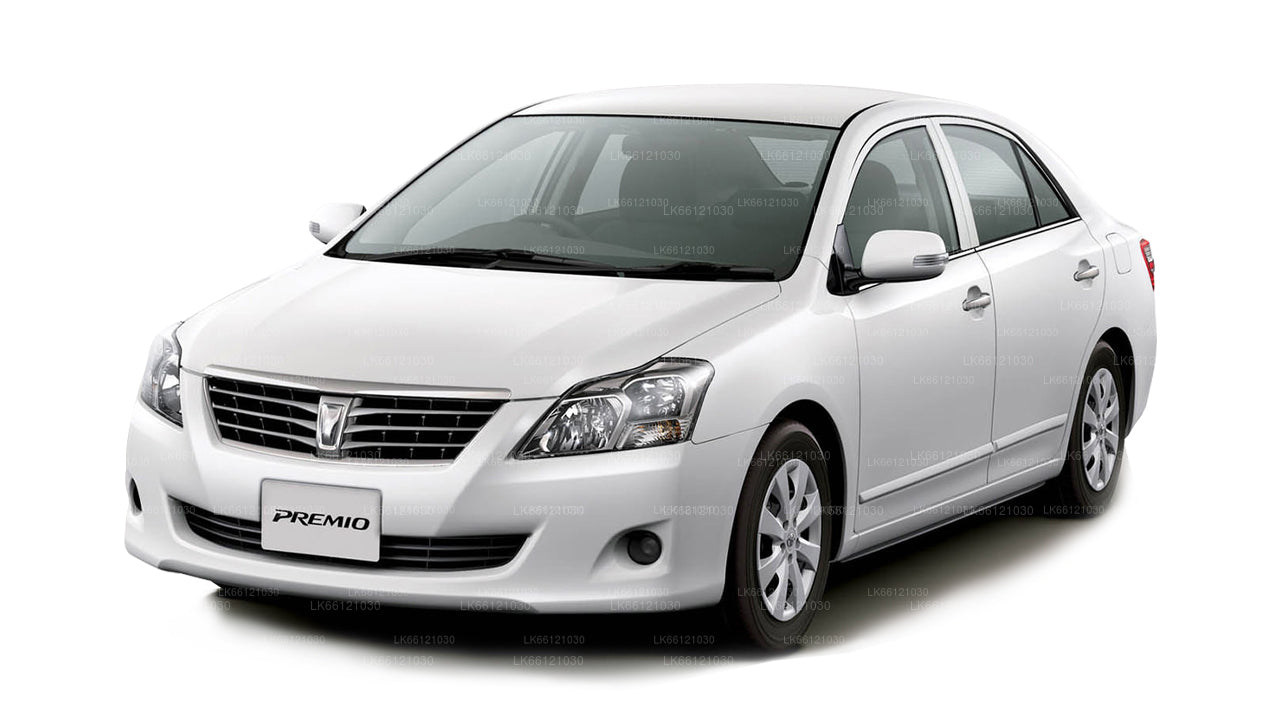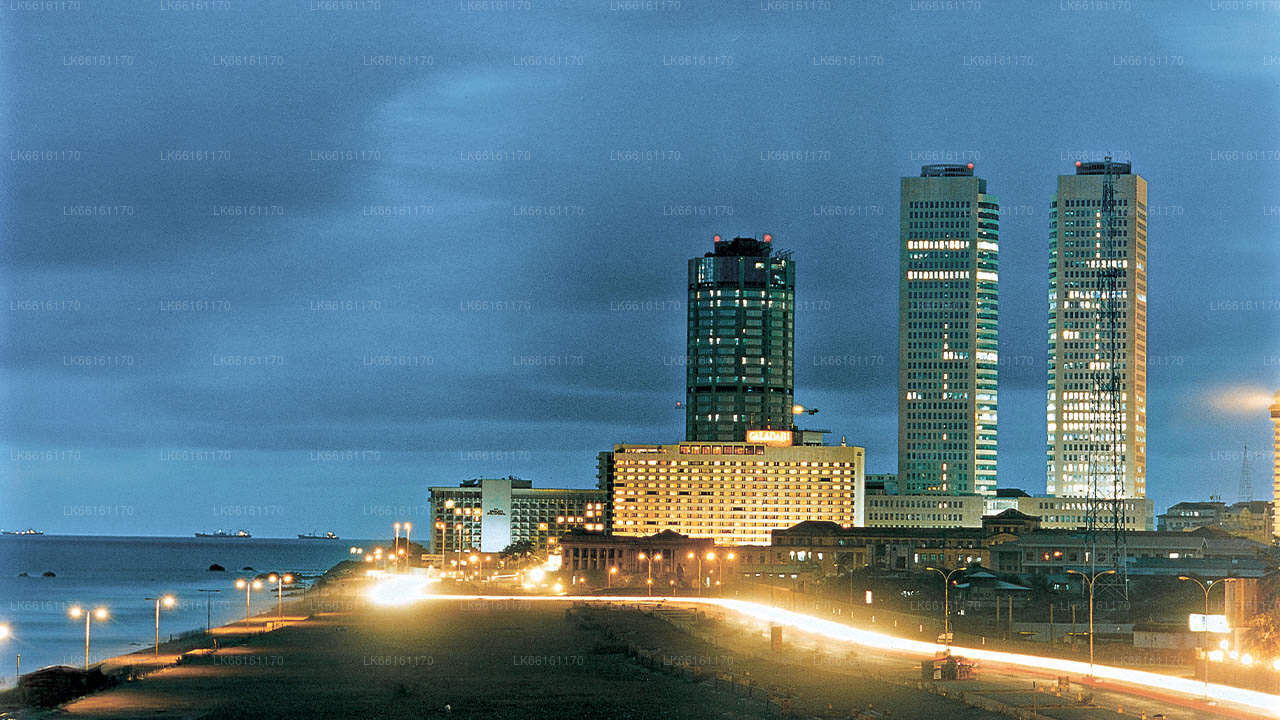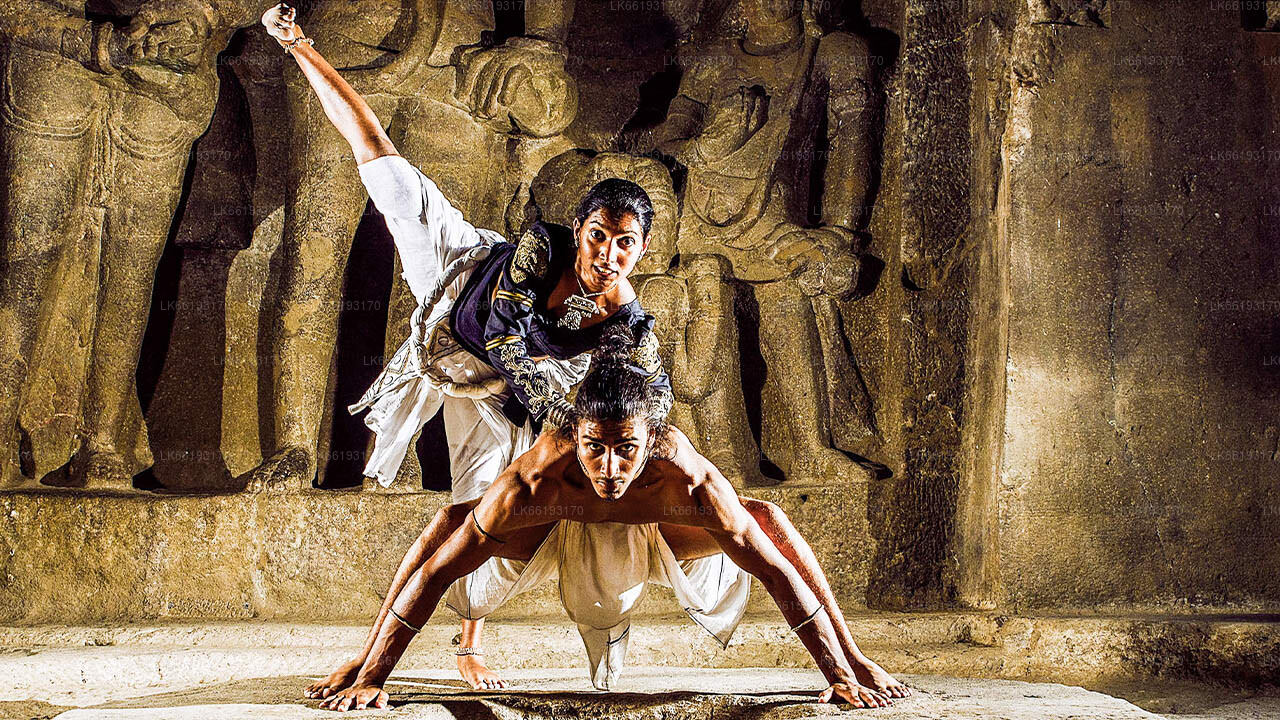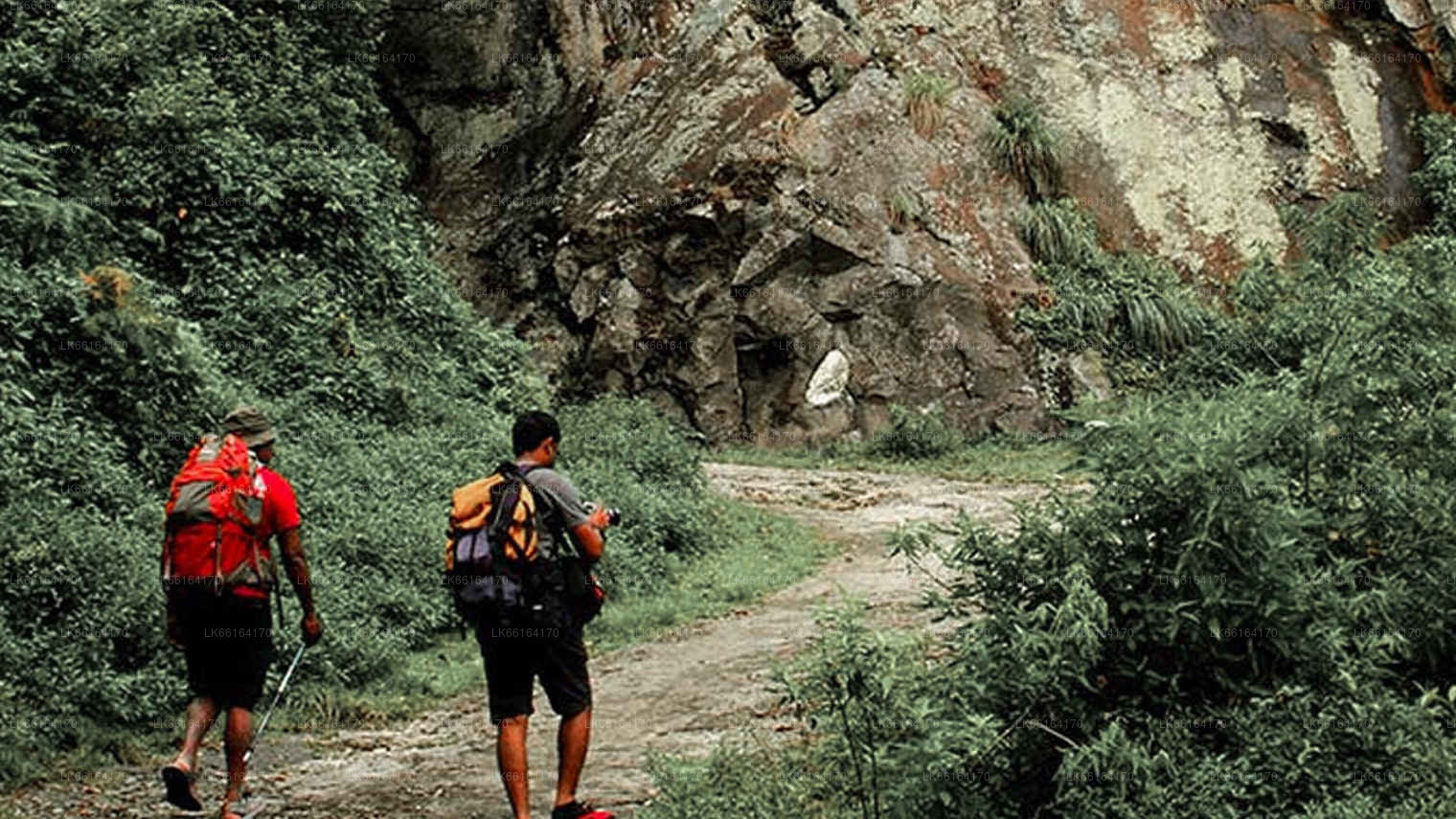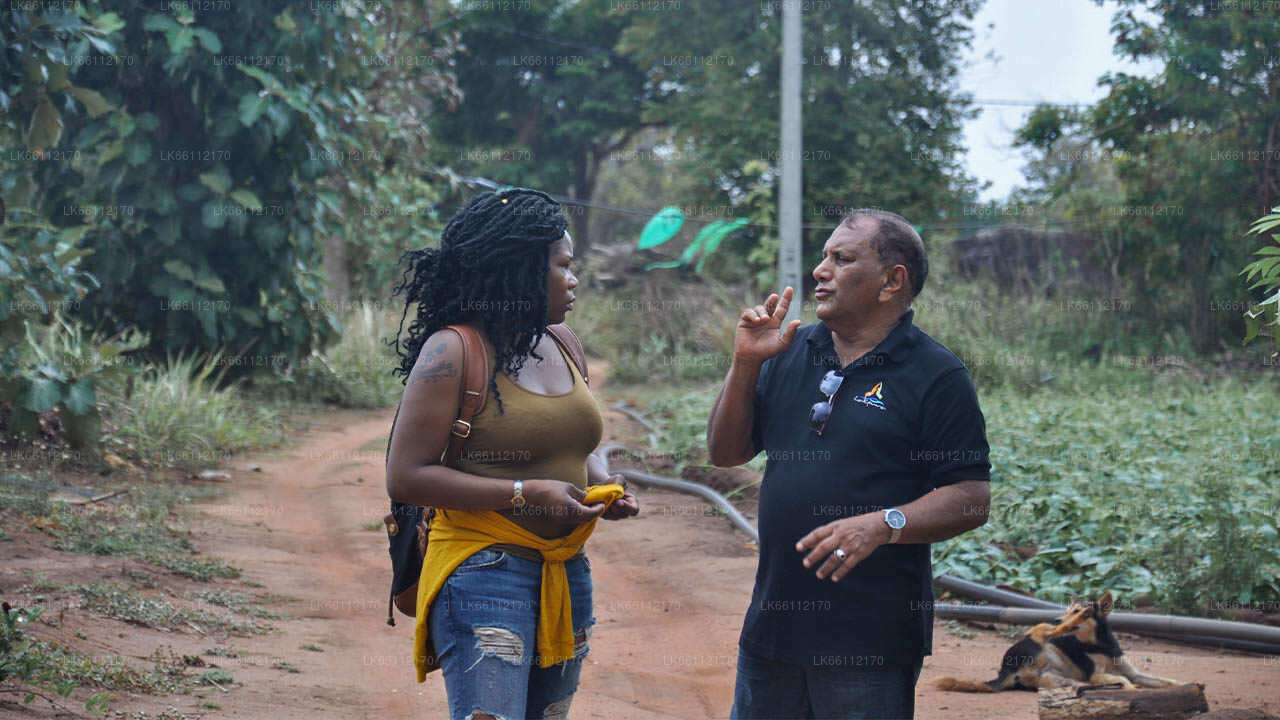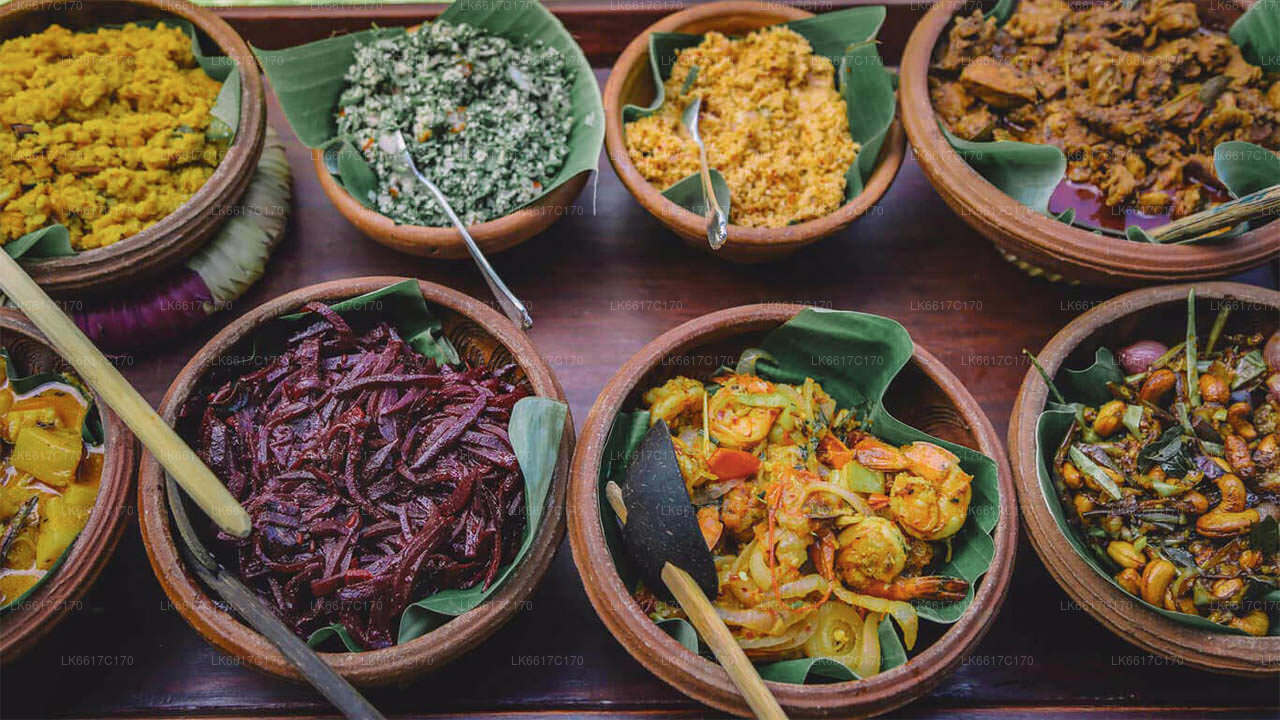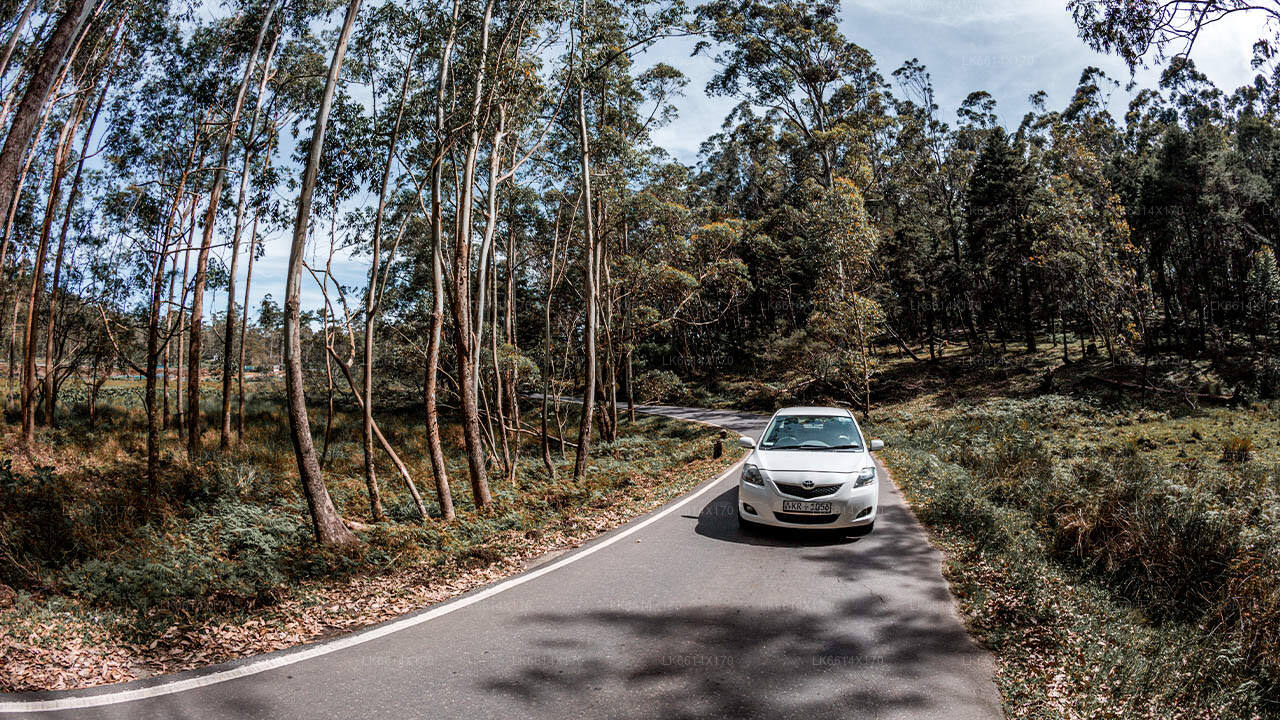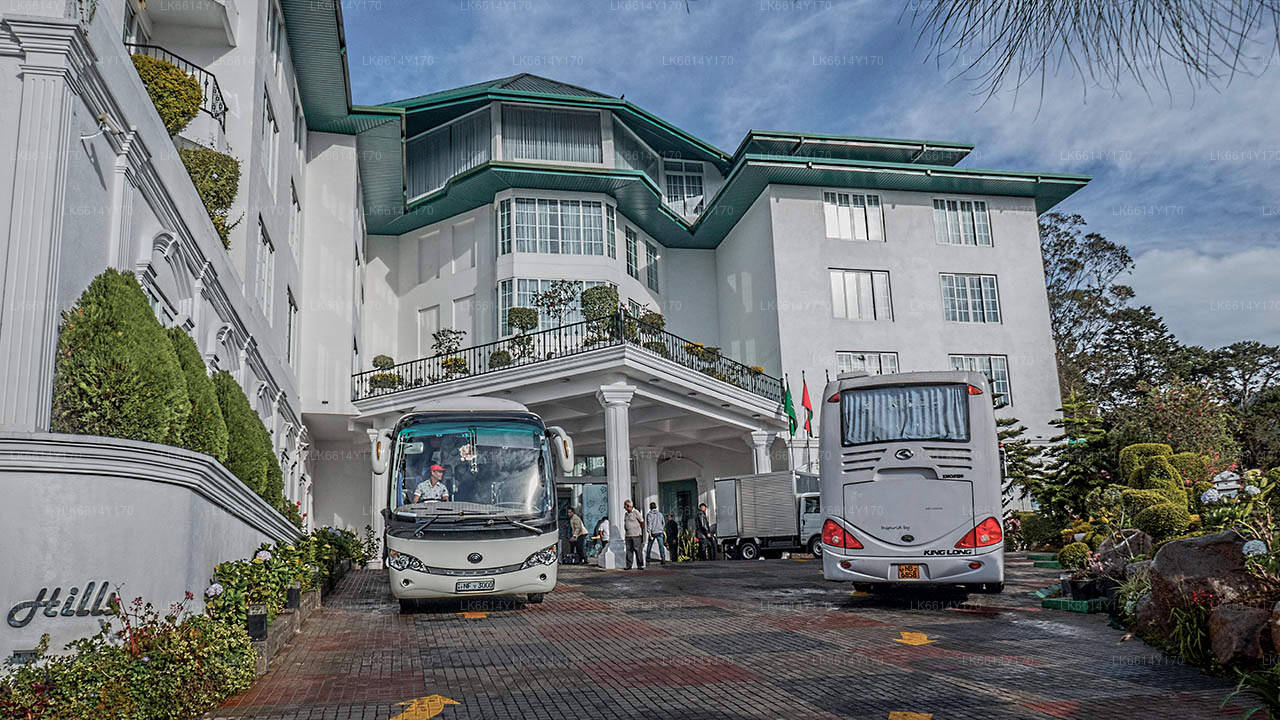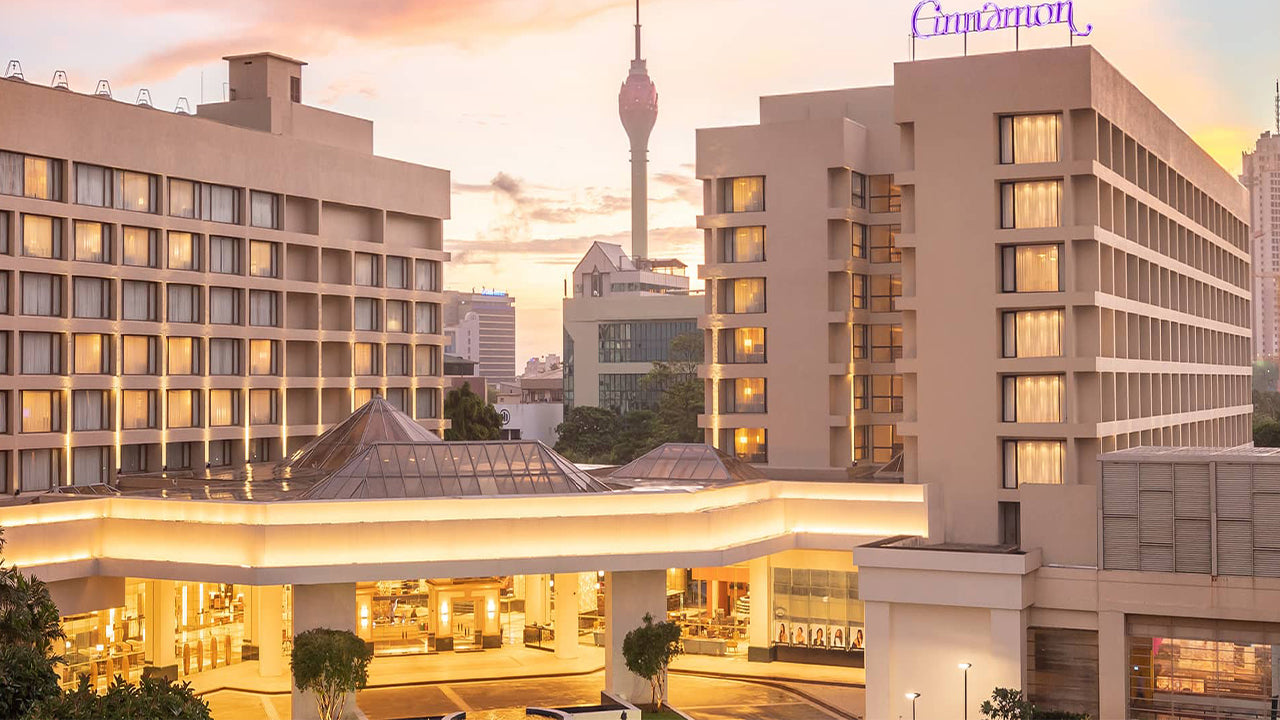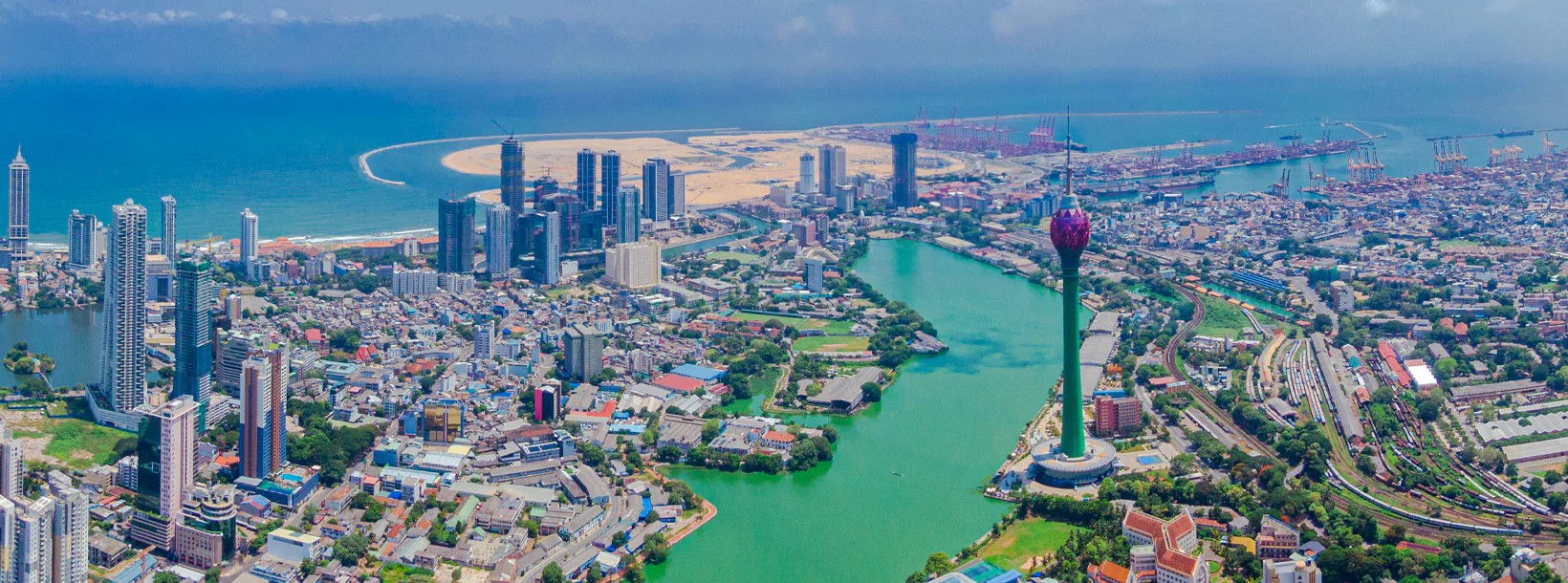
Colombo City
Colombo, the capital of Sri Lanka, is a dynamic city blending tradition and modernity. It showcases colonial architecture, lively markets, and serene Buddhist temples. With diverse cuisine, a growing skyline, and beautiful beaches, it's a vibrant hub for business, culture, and tourism, offering a gateway to explore Sri Lanka's wonders.
J R Jayewardene Centre
The Qualities of a Legend
Junius Richard Jayawardene, most commonly known as J R Jayawardene, was the 1st Executive President of Sri Lanka and ruled for 2 terms from 1978 to 1989. He was also the very first Finance Minister, elected in 1947, in the very first Parliament within the country. He was also one of the most controversial modern rulers in Sri Lankan history.
On one end he was extremely sharp and farseeing – he was the first ruler of the island who realized Sri Lanka’s potential to be a tourist paradise, and saw the chances of maximizing on that potential. He established the Ceylon Tourist Board with the Ceylon Tourist Board Act No 10 of 1966. He also was responsible towards the more compassionate ruling of 51 world leaders in the 1951 Japanese Peace Treaty Conference in San Francisco, regarding Japan’s role in the 2nd World War. His famous quotation of Buddha, stating that ‘Hatred ceases not by hatred but by love’, earned him the eternal friendship and gratitude of the Japanese.
On the other end J R Jayawardene was one of the most ruthless politicians of that era, who was willing to do anything and everything to solidify his rule. At the beginning of his term, in 1978, the many races of Sri Lanka had some minor tensions between them, but were at peace overall. At the end of his term, in 1989, the four races were at each other’s throats. Sri Lanka was on the verge of a civil war, and J R Jayawardene is said to have been the driving force behind it.
And yet he did not do this from personal bigotry (he was said to have had very close friends from all races); according to accounts he did it because he felt that the easiest way to unite the majority was to make them to agree to one accord, by persuasion or force. He was willing to sacrifice those who did not agree with the system he was creating, for what he believed was the ‘greater good’. He felt that this would take Sri Lanka towards a new era of peace and light, at the end of the long tunnel of darkness created by the storm that arose with his political propaganda. Regardless of whether his beliefs were the right decision or not, J R Jayawardene was strong enough to stand by his decision even in the face of much hostility and opposition.
The Creation of the J.R.Jayewardene Centre
Politics for J R Jayawardene were part of state, as were the official gifts and artifacts that he received from various important persons, both while he was a president and during his political career. One of his first instructions on becoming President was that all official gifts and mementos be kept in a separate room in the President’s House.
In 1988, towards the end of J R’s career, the J R Jayawardene Centre came into being in respect of the half century long political career that he had. It was established by a Parliamentary act titled J.R Jayewardene Centre Act No. 77 of 1988. The Act specified the venue as 191, Dharmapala Mawatha, Colombo 07, in other words one of the houses that Former President Jayawardene spent his childhood in.
The J R Jayawardena Centre was classified as ‘a depositary for historical research, archives and library to hold all public records, printed matter, and to accept for deposit books, papers, files, photographs, motion picture films, diskettes, tapes and memorabilia of the childhood and youth of His Excellency collected and collated by him including memorabilia of election campaigns, official portraits, awards, medals and gifts received by him.’ Initially, the mementos and gifts that J R Jayawardene collected throughout his political career, along with some of his personal possessions that he carefully hoarded (his school notebooks, medals from youth and many other personal artifacts), were stored at the centre.
After his retirement from politics, at the age of 82, J R Jayawardene found a haven at the Centre. He received great joy from updating and maintaining the Centre. As part of his efforts a large collection of rare books, mainly in Sinhalese, were added. These also included all books and volumes he had inherited, purchased or received as gifts, and all documents and volumes that were classified as archives in the Presidential Secretariat.
The Centre Today
Today the J R Jayawardene Centre continues to operate with the following vaunted aims:
Fully endowed with a complete auditorium equipped with all the necessary technology, classrooms and a reception hall, the J R Jayawardene Centre is housed in a four storied building. The premises also include a Japanese Museum with mementos depicting exclusively Japanese art and culture, and a full sized replica Japanese garden donated Rev. Ryugen Tzmaka. Among various rare items displayed in the museum are an intricately worked incense bowl presented by Emperor Hirohito, a photograph of J R Jayawardene and Lady Jayewardene with the old town of Hiroshima in the background, a early picture of the Peace Pagoda, photographs of Emperor and Empress Hirohito and the Prince and Princess, a tiered array of Japanese dolls, replicas of an ancient Japanese emperor, his queen and subordinates, and extract from J R Jayawardene’s speech at the Peace Treaty in San Francisco in 1951 on a carved 8′ x 10′ wooden plaque fixed to a wall. The Museum of gifts received J R, contain an even more extensive array of over 600 artifacts, all of which are better seen in person.
In addition to its original purpose of using the Centre as a depository, it is used as an is an educational base where classes in various disciplines such as meditation, arts and crafts, information technology, languages, aerobic exercises, Kandyan dancing, etc. are conducted by relevant instructors. The reception hall is also periodically hired out for wedding receptions, seminars and workshops on literature, history, religion and for book launches at very reasonable rates.
The Centre also provides a scholarship fund for students who require financial assistance for higher education.J.R.Jayewardene Centre.
About Colombo District
Colombo is the largest city and commercial capital of Sri Lanka. It is located on the west coast of the island and adjacent to Sri Jayewardenepura Kotte, the capital city of Sri Lanka. Colombo is a busy and vibrant city with a mixture of modern life and colonial buildings and ruins and a city population of 647,100.The Colombo Metropolitan Region, defined by the districts of Colombo, Gampaha and Kalutara, has an estimated population of 5,648,000, and covers an area of 3,694.20 km²
Colombo is a multi-ethnic, multi-cultural city. It is the most populous city in Sri Lanka, with 642,163 people living within the city limits. The population of Colombo is a mix of numerous ethnic groups, mainly Sinhalese, Moors and Tamils. There are also small communities of people with Chinese, Portuguese, Dutch, Malay and Indian origins living in the city, as well as numerous European expatriates.
The great majority of Sri Lankan corporations have their head offices in Colombo. Some of the industries include chemicals, textiles, glass, cement, leather goods, furniture, and jewellery. In the city center is located South Asia's second tallest building - The World Trade Centre.
About Western Province
The Western Province is the most densely populated province of Sri Lanka. It is home to the legislative capital Sri Jayawardenepura Kotte as well to Colombo, the nation's administrative and business center. Western Province is divided into 3 main districts called Colombo (642 km²), Gampaha (1,386.6 km²) and Kalutara (1,606 km²) districts. As Sri Lanka's economic hub, all the major local and international corporations have their presence in the city and so do all the major designer and high street retailers, so be ready to indulge in some retail therapy in western province.
Having the highest population in the all the provinces, the almost all the premier educational institutions in the island are located in western province. Universities in the province include the University of Colombo, the University of Sri Jayewardenepura, University of Kelaniya, Open University, Sri Lanka, Buddhist and Pali University of Sri Lanka, General Sir John Kotelawala Defence University and University of Moratuwa .Western province has the largest amount of schools in the country, which includes National, Provincial, Private and International schools.








